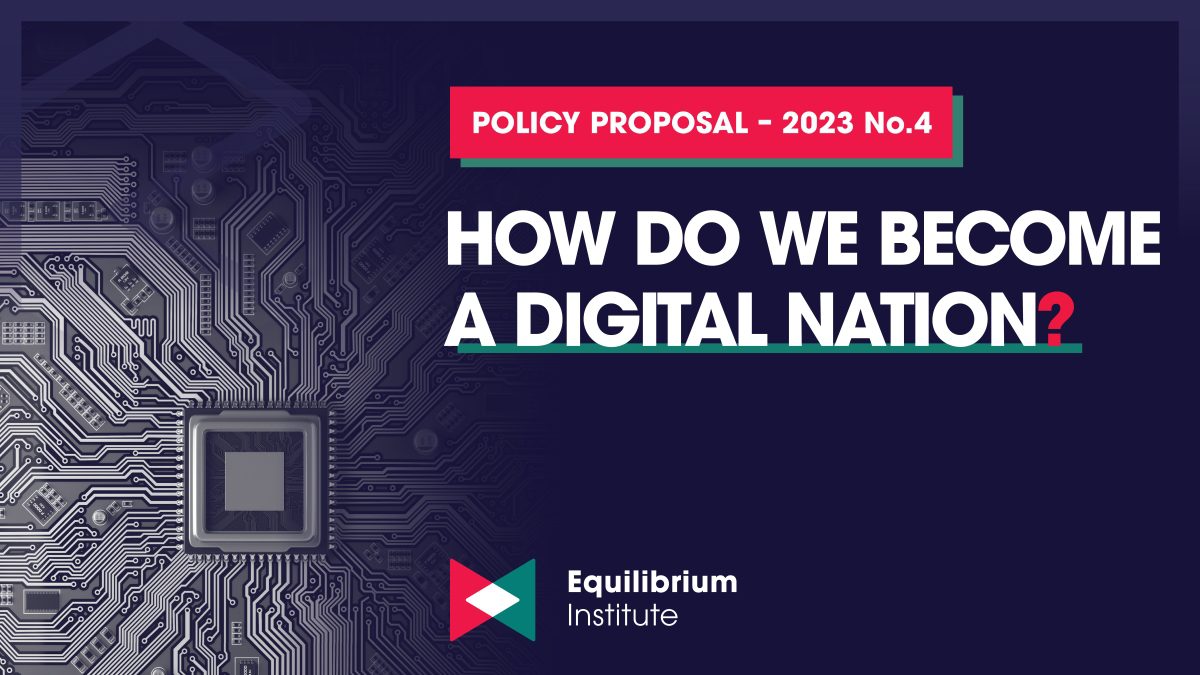Digitalisation influences all areas of our lives in fundamental ways and to a continuously growing extent. As a result of the rapid development of computer technology, the expansion in the range of electronic services, and the proliferation of applications based on big data and artificial intelligence (AI), citizens’ everyday lives are undergoing profound changes. This extends to a wide variety of areas, including travel and shopping, business transactions, and the processes and technologies used in manufacturing products and services. How the state operates, how citizens manage their public administration issues, and even the conflicts between states are all changing.
This decade will be about the digital transformation: In other words, beyond the digitalisation of data and operations – and as a result of the latter – we will have to survive and thrive in a new system and a new type of competition. What is at issue here is not merely that by using electronic instruments and apps, we can perform certain activities more efficiently, but rather that the ubiquity of digitalisation fundamentally transforms the way the economy and society operate. The proliferation of artificial intelligence, machine-learning techniques, big data, and cloud services give rise to new modes of value creation. New business models, corporate management techniques, and types of services are on the rise, and these in turn demand new skills and abilities. Improving user experience, marketing, and even the drafting and evaluation of new policy measures enacted by the state – the underlying transformation will fundamentally affect all walks of life.


